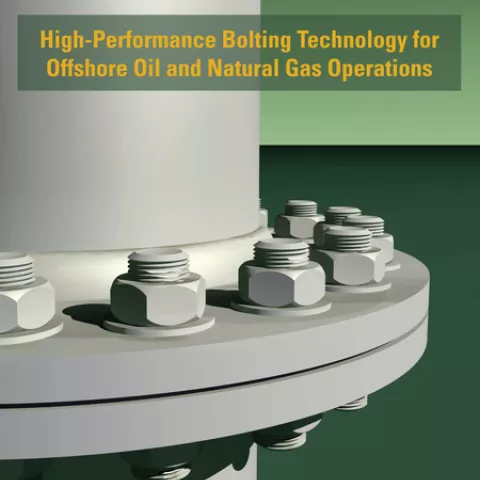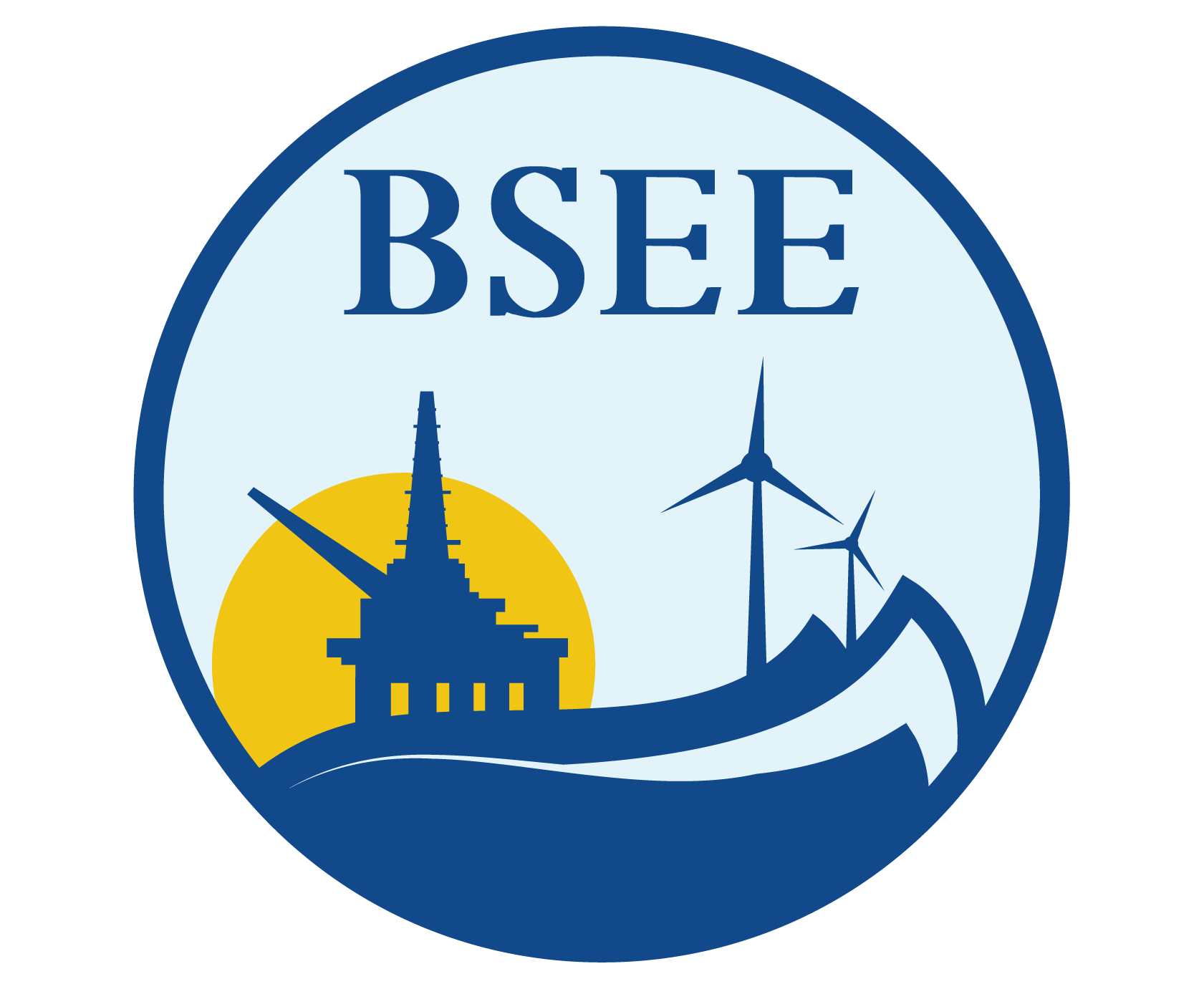
WASHINGTON - The Bureau of Safety and Environmental Enforcement's Interagency Bolt Action Team (IBAT) met Thursday to discuss the recommendations in a new report from the National Academies of Sciences, Engineering, and Medicine that identifies strategies for improving the reliability of bolts used in offshore oil and gas drilling rigs.
The objective of the BSEE-sponsored study was to determine the optimal material properties and coating requirements associated with fasteners used in critical safety components and equipment in offshore oil and natural gas subsea operations, thereby mitigating the risks of critical offshore connector equipment failures.
Although no major oil spills have resulted from the failure of a bolt fastener, there have been minor oil releases and near misses caused by unexpected bolt failures. In an ongoing effort to address recurring safety issues, BSEE hosted a public forum in August 2016 on critical offshore connector equipment failures, and also chartered the IBAT in September 2016 to share expertise, data, and experience and develop best practices on fastener safety.
More information regarding BSEE’s risk mitigation efforts for bolts can be found here.
The High-Performance Bolting Technology for Offshore Oil and Natural Gas Operations High-Performance Bolting Technology for Offshore Oil and Natural Gas Operations study was sponsored by the Bureau of Safety and Environmental Enforcement of the U.S. Department of the Interior. The National Academies of Sciences, Engineering, and Medicine are private, nonprofit institutions that provide independent, objective analysis and advice to the nation to solve complex problems and inform public policy decisions related to science, technology, and medicine.
-BSEE-
